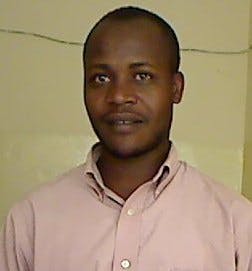TEARS OF INDIGENOUS
Feb 26, 2020
Story
The Biblical passage saying the first will be the last is applied to Indigenous people called pygmies or Batwa in local language in Democratic Republic of Congo. Historically, pygmies are the early inhabitants of this country. Socially, pigmies are the most neglected citizens by the fact that they are not represented in any local, national or public institution in DR Congo. in fact, pygmy people were expelled from their sanctuaries which are called forests so as to expand national parks for more tourist activities that could bring in a considerable amount to the state. However, indigenous people pulled out from Kahuzi Biega national park in South Kivu in Kabare and Kalehe territories encounter the difficulty of getting access to lands and adapt to foster villages given that leaders did not prepare lands were they could settle down. The forest has much more than simple economic value for pygmies,for it is synonymous with their identity, with very physical, cultural and spiritual survival. pygmies have always considered the forest as their guardian mother useful in traditional medicine. They are hunters,harvesters and gatherers. with this expulsion from the forest, indigenous people's lives were negatively affected and have been traumatized. The case of pigmies in Luciga, Buhama (Kalehe territory) and Bulindi ( Kabare territory) are landless, shelterless, no food, no access to education and health care. It is trough ADIPP organization supported with limited financial means of other NGOs that some pygmy children,women and orphan children attend a center of literacy in Katana ( Kabare territory) and in Luciga ( Kalehe territory) . But needs are still enormous for these forsaken indigenous people in both territories. Although the overall goal of IFAD is to reduce poverty, promote sustainable development, improve access to productive natural resources and technologies, increasing access to financial services and markets to indigenous peoples around the world; in Democratic Republic of Congo especially in kabare and kalehe territories is not the case.




